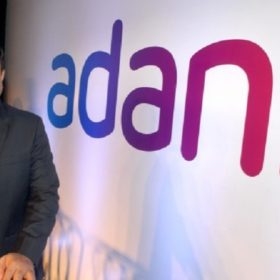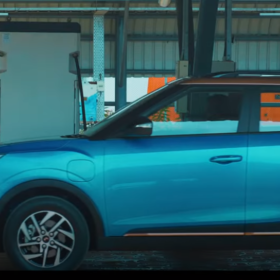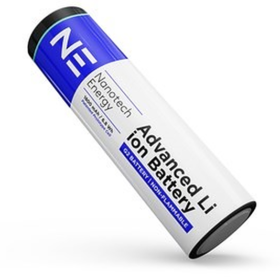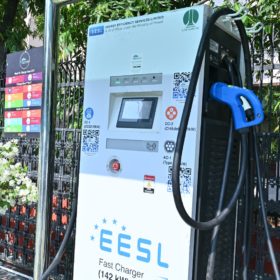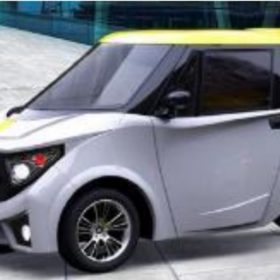Hydrogen as a sustainable alternative fuel for transport
At Hydrogen India Summit 2023, Black & Veatch pinpointed business models that will hasten India’s shift to cleaner fuels like green hydrogen.
Adani to launch hydrogen-powered mining truck pilot
The hydrogen-powered truck for mining logistics and transportation will have the vehicle platform developed by Ashok Leyland and fuel cell technology from Canada’s Ballard Power Systems.
Mahindra to set up INR 10,000-crore EV plant in Pune
The carmaker will invest around INR 10,000 crore ($1.21 billion) over a period of 7-8 years to set up the manufacturing facility for its upcoming Born Electric Vehicles.
Non-flammable, graphene-based lithium-ion batteries approaching stationary storage market
US-based Nanotech Energy’s graphene battery uses proprietary electrodes with a thermally stable separator, and non-flammable electrolyte that is said to be inexpensive to manufacture. The technology is said to be superior in terms of safety and competitive in terms of cell performance.
India’s EV charger market to surge at 46.5% annually until 2030
The annual electric vehicle (EV) charger shipments will grow to 0.9 million units by the year 2030, from around 17,000 units in 2021. The growth in sales will be driven by government policies and private investments.
Tamil Nadu could lower carbon emissions by over 36 million tonnes with 5-10% conversion to EV use
A new report says Tamil Nadu could lower carbon emissions by over 36 million tonnes if 5-10% of all two-, three- and four-wheeler vehicle sales in the state during 2022-30 are converted to electric.
Renewables offer $350 billion investment opportunity by 2030, says Aspire Circle India
A new report by Aspire Circle India estimates the potential of renewable energy and the clean-tech sector according to parameters such as revenue and job creation by 2030, and highlights the top 10 areas for investment.
EV sales to grow at slower-than-expected pace
Sales growth in India’s electric vehicle market will moderate to 75% per year over the next three years, as supply constraints drive up prices of key raw materials for batteries.
Gensol to make affordable personal mobility and cargo electric vehicles
The Ahmedabad-headquartered renewable energy solution provider will establish a plant in Pune, Maharashtra, to produce personal mobility and cargo electric vehicles priced at INR 5-6 lac ($6,292-$7,550). Production will likely start in October.
Triton EV to manufacture hydrogen-run two-wheelers and three-wheelers in India
New Jersey-headquartered Triton Electric Vehicle, which plans to make electric cars in India, will also roll out hydrogen-run two-wheeler and three-wheeler EVs from its plant in Gujarat.

